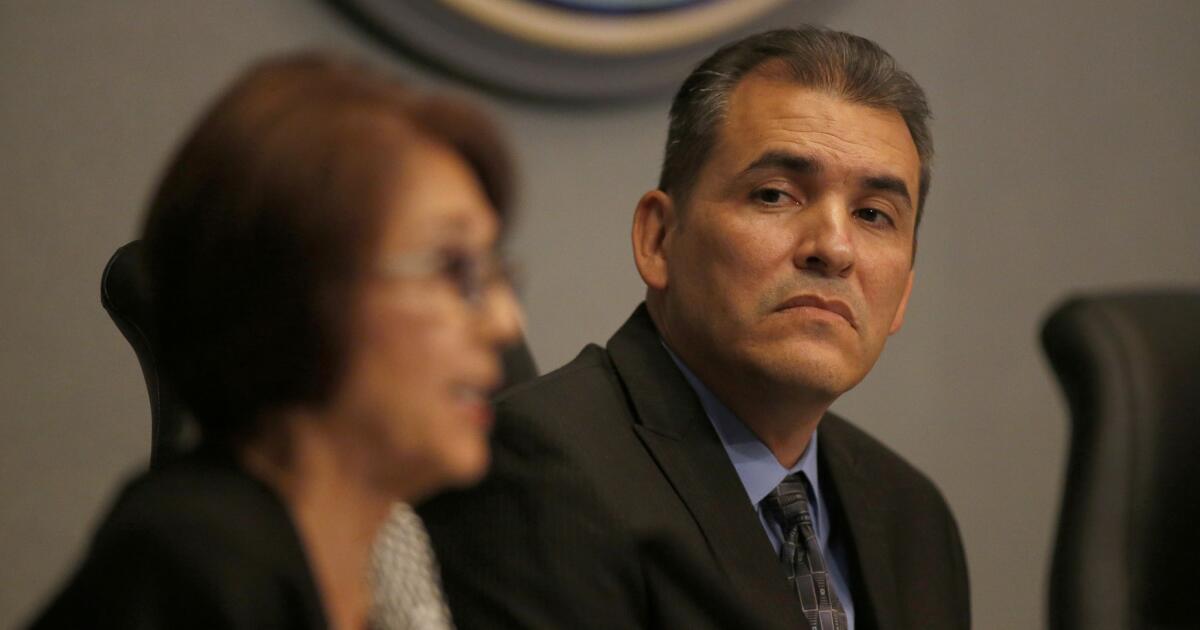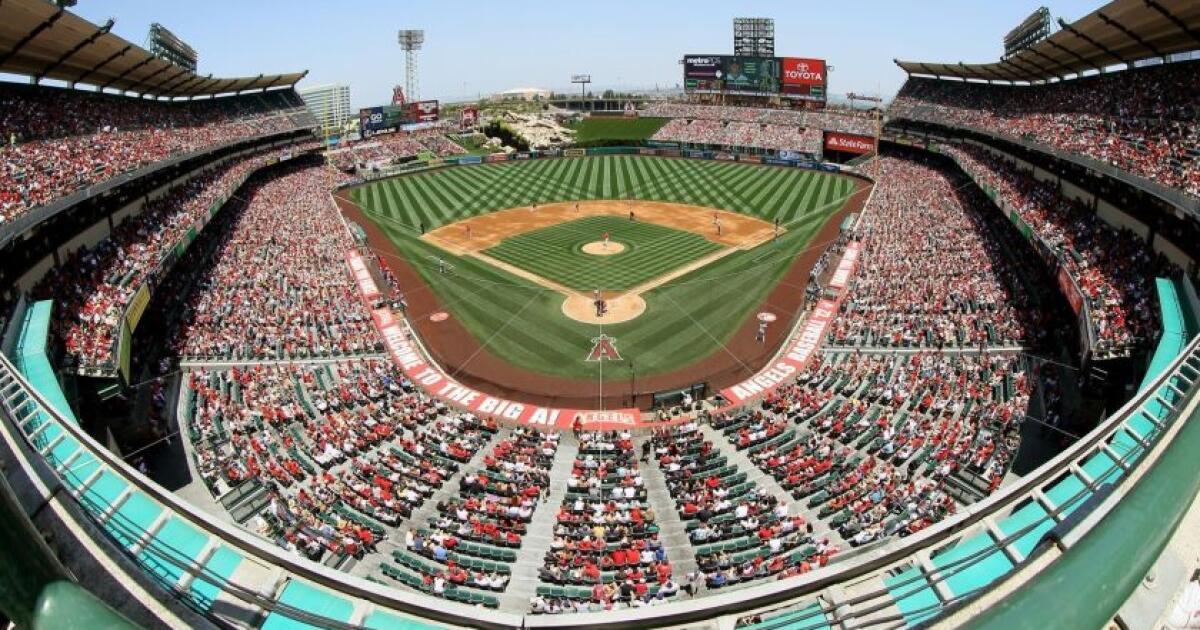Darkbeer1
Well-Known Member

Angels’ Albert Pujols notches 2,000th career RBI in blowout victory over Tigers
Pujols, 39, has added 2,000 RBI to his other milestones, including 600 homers and 3,000 hits.

I hope this is his last season and he retires. Guy has been a huge bust in Anaheim except for one or two seasons.
Angels’ Albert Pujols notches 2,000th career RBI in blowout victory over Tigers
Pujols, 39, has added 2,000 RBI to his other milestones, including 600 homers and 3,000 hits.www.ocregister.com

I guess I will concede Dodgers are a much better team than Angels.


...at keeping their hands free of any WS rings in the past 30+ years...I guess I will concede Dodgers are a much better team than Angels.

Over a billion dollars for a new ballpark is a lot of money. Like most new venues, the price is going to get larger and larger from the original estimated value. From the info you have given us in the past, staying in Anaheim is the best deal for the Angels.
Proposed Angels ballpark in Long Beach could cost more than $1 billion
A waterfront ballpark to attract the Angels to Long Beach could cost more than $1.1 billion, and the city has received a study that explores options for paying some or all of that cost, according to city documents released Monday night.www.latimes.com
>>A waterfront ballpark to attract the Angels to Long Beach could cost more than $1.1 billion, and the city has received a study that explores options for paying some or all of that cost, according to city documents released Monday night.
The Angels have not committed to move to Long Beach, and the city has not committed to pay anything toward the construction of a stadium.<<
>>The city provided no record of an Angels response. As they evaluate opportunities in Long Beach, the Angels are preparing to start discussions with the city of Anaheim for a similar project: a stadium and surrounding development. The city of Anaheim is awaiting the results of an Angel Stadium land appraisal before negotiating with the Angels. The city of Long Beach has said it has not conducted an appraisal of the land under discussion with the Angels.<<
Maybe they should focus on building Port Disney. I kid i kid.Let alone Money, but Long Beach is looking at 2025 at the earliest that the project could happen. And with the Coastal Commission involved, well, I would added another year or two more.

Our theme parks, sports venues and convention center are a matter of pride. But their real purpose is to serve residents by generating revenue for public safety, parks, libraries and community centers and by helping us keep taxes and fees low.
Interesting that he said that so directly.






Thanks for those news stories. How much money are the Union Thugs paying Councilman Moreno to block anything Disney and Angels related? I’m glad I don’t live in a city that has to deal with that schmuck.
Maybe the citizens of Anaheim should know what these unions are contributing to him. Does Mr. Moreno donate any of his money or does the Union donate any of its money to the citizens of Anaheim? I’m sure the answer is no. I see Disney and the Angels and Ducks doing a lot of charitable stuff in Anaheim.A LOT, UNITE HERE and other unions were the largest contributor to Anaheim politics for the 2018 election, even more than Disney.
Maybe the citizens of Anaheim should know what these unions are contributing to him. Does Mr. Moreno donate any of his money or does the Union donate any of its money to the citizens of Anaheim? I’m sure the answer is no. I see Disney and the Angels and Ducks doing a lot of charitable stuff in Anaheim.
Keep up the good work.I don't want to get things off track, but you make some good points. But not all Unions act like that. The Building Trade Unions do donate time and money to Anaheim's chartable activities. They did a lot when the city opened an emergency shelter in just 10 days. They also have worked with groups to help fix up homes for those in need, such as Seniors and those disadvantaged. I have also seen checks being presented to groups. Plus they have a local hire policy, to make sure Anaheim residents get priority for local projects. Also Vets. Plus helping trade school programs.
The issue is specifically UNITE HERE and a few groups that work with them. Never seen any chartable things from them in time and/or money.
Anaheim is VERY lucky to have companies that donate large amounts of time and money to help make the city better for all the residents. And I can add Northgate Markets, Kaiser and others who step up to the plate to help so many charities, schools, parks and civic activities.
Headed to the council meeting, will report what happened....
Register on WDWMAGIC. This sidebar will go away, and you'll see fewer ads.
